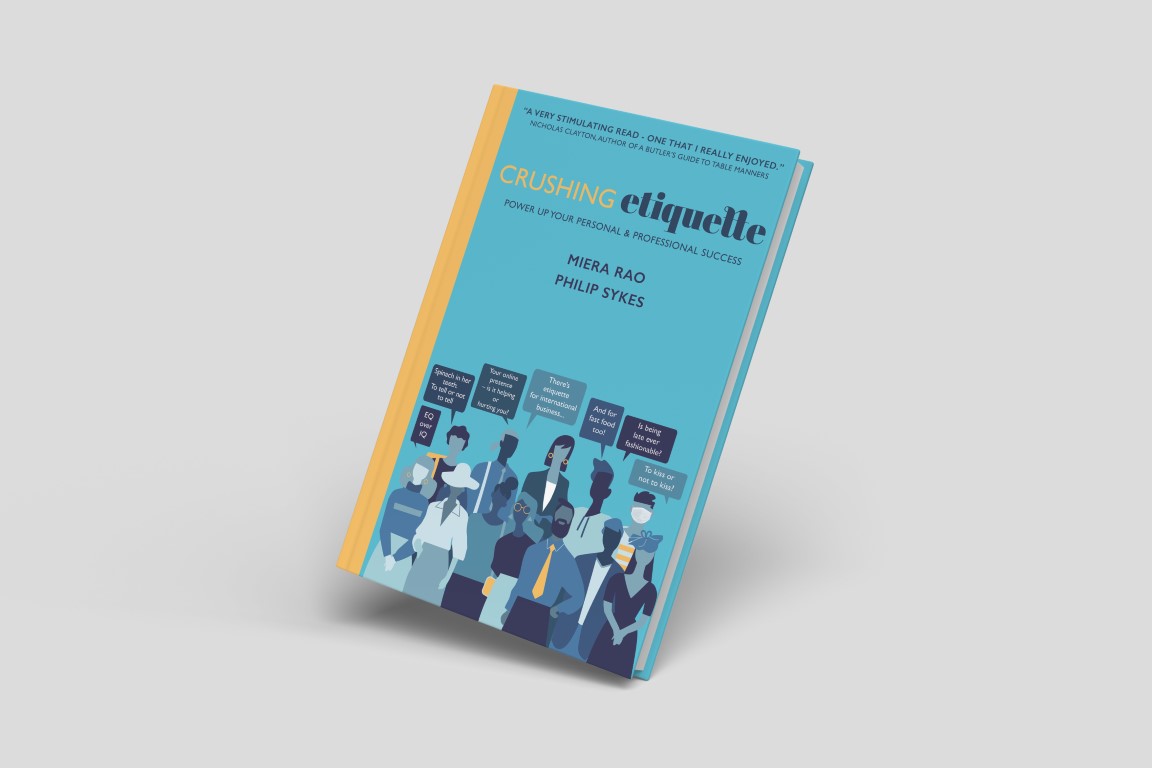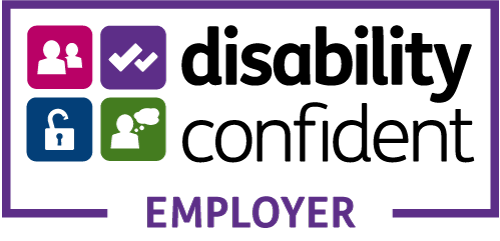A new workplace etiquette is being adopted in the wake of the COVID-19 pandemic to stop the spread of the virus and create a healthy working environment.
With the continuing rise in Coronavirus infections, remote working is likely to remain the norm for many of us for the foreseeable future. A recent poll revealed that almost a third of London workers do not expect to return to their offices before Christmas and Government advice issued in the UK this week states that people should “work from home whenever possible” .
Even if you are back at the office, there will inevitably be many changes to take on board. Some companies have adopted a blended way of working with staggered start and finish times or alternating days in the office with days at home to reduce the number of people in the office at any one point.
Things that we previously took for granted, such as sharing a packet of biscuits with colleagues or shaking hands with a new client, are suddenly fraught with uncertainty. Adhering to the workplace etiquette is now more important than ever if we want to make sure that we remain our professional best during working hours.
Read up on the rules
All workplaces have had to adapt their procedures and put in place measures to prevent the spread of COVID-19. Make sure that you read and familiarise yourself with these before you go into the office. Regularly washing your hands, using hand sanitiser and keeping your desk and workstation clean are likely to be among the expectations.
Social distancing has already become commonplace and it is important to continue to avoid close contact with others, whether in the office, on your commute or when grabbing your regular sandwich at the café. Face masks are now mandatory when traveling on public transport and some workplaces may require them to be worn in communal areas such as kitchens and restrooms.
Be respectful to those around you
While some people have thrived in the new normal, for others working from home has proved to be tremendously challenging. The lines between ‘work’ and ‘home’ have become increasingly blurred, especially for those who don’t have a dedicated home office and are sharing a space with other family members or flatmates.
It is crucial that we use our emotional intelligence to understand other people’s situations and listen to their individual concerns. Many people will be experiencing heightened levels of anxiety, not only because of the global pandemic, but also the increased threat of redundancies due to the economic slowdown.
Others may be finding it hard to adjust to a new way of living and working. If a colleague lapses into old habits and perches on your desk for a chat or doesn’t put their mask on in the elevator, resist the urge to snap at them. Instead, politely remind them that the new workplace etiquette requires everyone to observe a two metre distance and wear masks in enclosed spaces.
Communicate like a professional…
The new workplace etiquette puts the onus on all of us to be responsible and respectful in order to ensure that the office (whether virtual or not) becomes a healthy working environment. This means showing up on time for meetings, being dressed appropriately and exhibiting a positive attitude.
Communication is of paramount importance when people are working in different locations. Technology is fantastic but it is no substitute for good old face-to-face communication. When you cannot be in the same physical location, make sure that you communicate with your team regularly via video conferencing.
A recent survey by recruitment consultancy Robert Walters found that communication and collaboration were the areas that most professionals struggled with while working remotely. This was closely followed by loneliness and the inability to unplug from work. You can do your bit by reaching out to co-workers to check how they are feeling and restricting work-related emails and calls to standard office hours.
..but set your boundaries
We’re still in the midst of a global pandemic and the full effect of lockdown on people’s long-term mental health remains unknown. Research has found that just under a third of workers reported that working from home during the lockdown had a negative impact on their mental health.
Boundaries are absolutely essential to prevent burnout and protect your well-being. Before COVID-19, our work boundaries were more clearly defined and traveling to the office created a transition between home and work. In a remote working culture, it can be temping to carry on working long after you would have ordinarily ‘downed tools’ for the day.
With a return to pre-pandemic life still a distant dream; here are some strategies that you can put into place to look after your physical and mental health:
• Set your work hours and stick to them
• If you are working from home, try to have a separate work space
• Take regular breaks
• Exercise and get fresh air
• Do something you love each day










